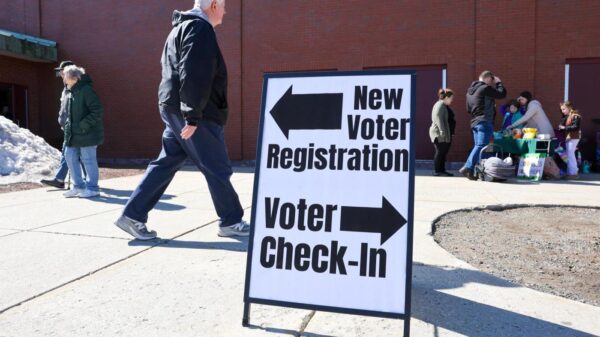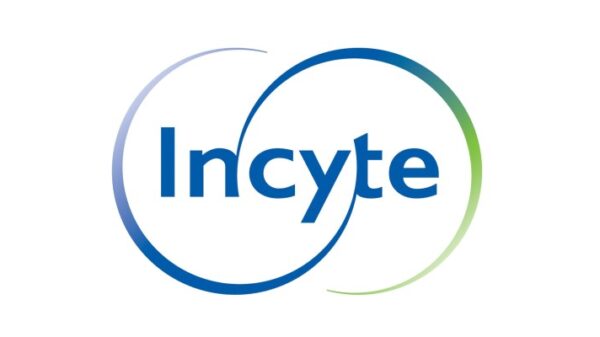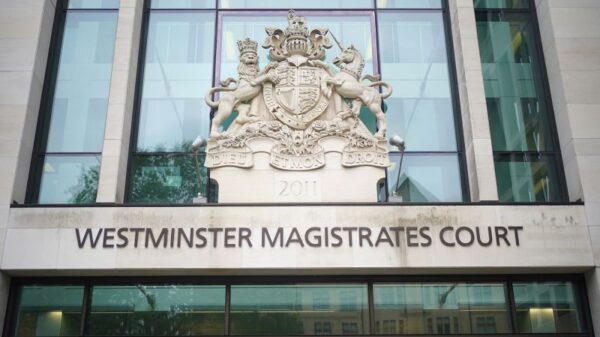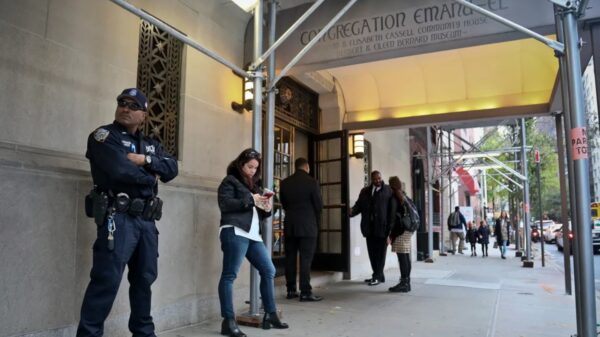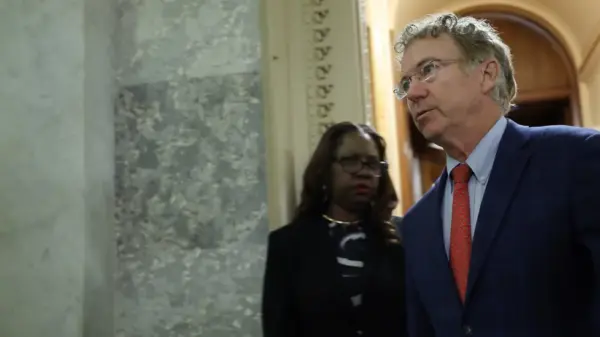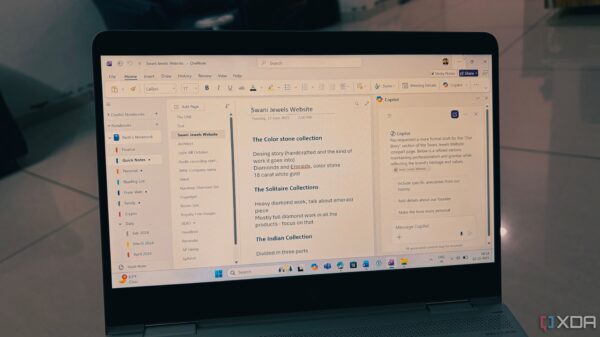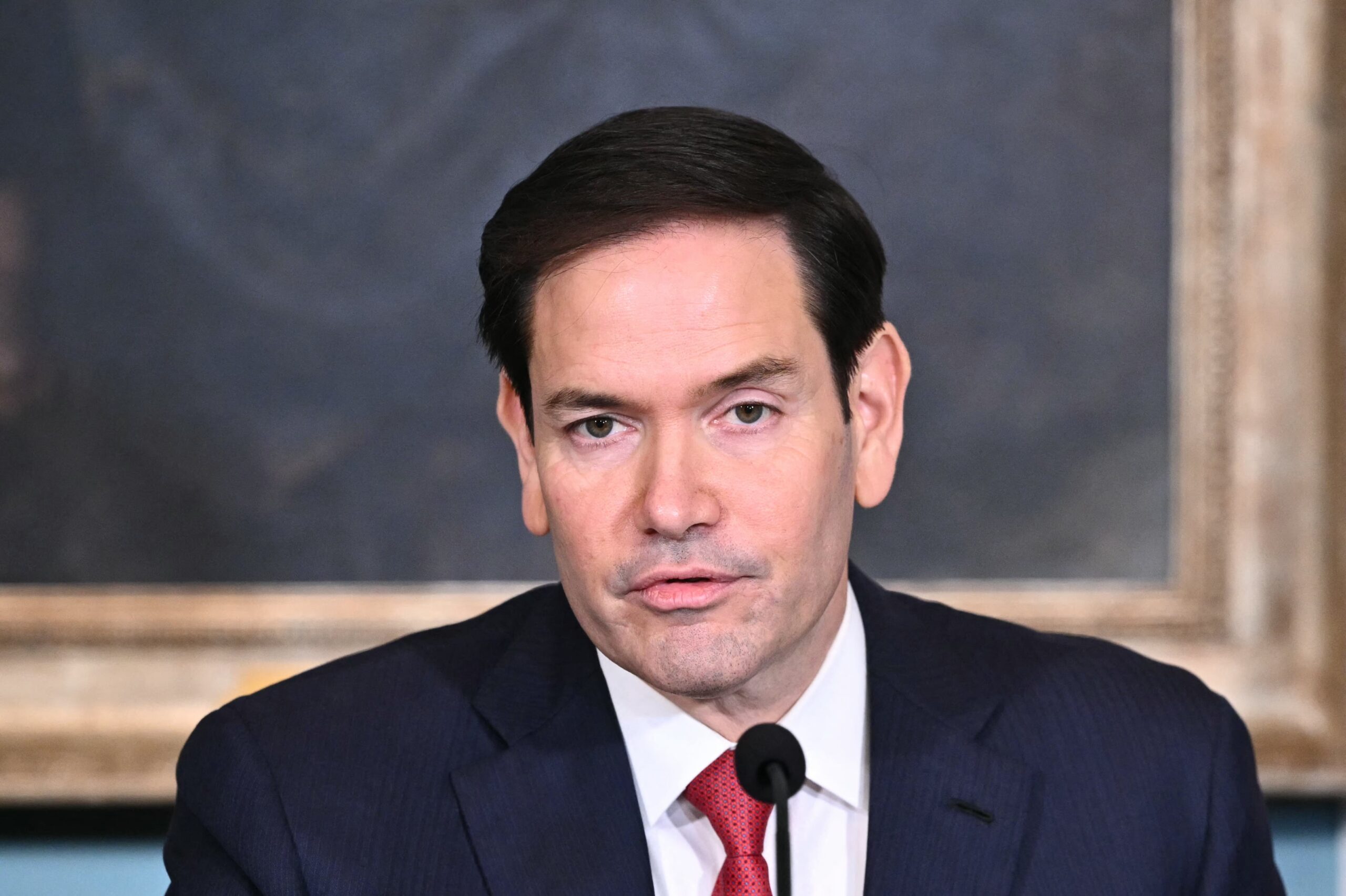UPDATE: The U.S. government has just revoked the visa of Colombian President Gustavo Petro following his incendiary remarks that compared former President Donald Trump to Adolf Hitler during a speech at the United Nations. This shocking development, confirmed by Marco Rubio’s State Department, follows Petro’s call for U.S. soldiers to “disobey” Trump’s orders, sparking outrage and escalating tensions between the two nations.
Earlier today, Petro delivered a blistering critique of U.S. foreign policy, claiming Trump’s actions “threaten lives” and likening his rhetoric to that of historical tyrants. His comments were so provocative that some members of the U.S. delegation reportedly exited the assembly hall in protest. Petro declared, “Trump does not speak of democracy… he only threatens, kills, and lets tens of thousands be killed.”
In a follow-up address outside U.N. headquarters, Petro urged a global collective to “free Palestine,” stating, “It has to be bigger than that of the United States.” He implored U.S. military personnel to “obey the orders of humanity,” further inflaming the situation.
The State Department’s decision to revoke Petro’s visa was made public in a post on social media platform X, which has garnered over 8 million views. The statement condemned Petro’s “reckless and incendiary actions,” highlighting the gravity of his remarks.
Petro quickly responded, accusing Trump of violating international law. “International law is the wisdom of humanity,” he tweeted. “Genocide is a crime against humanity… Mr. Trump has violated the founding principles of the U.N.” He also controversially suggested that the United Nations should relocate its headquarters to Doha.
This unprecedented move marks the first time the U.S. has revoked the visa of a head of state due to comments made during a U.N. visit, according to University of Denver professor Francisco Rodríguez. He warned that this action undermines the viability of the General Assembly and could breach the 1947 Headquarters Agreement.
The confrontation between Petro and Trump represents an alarming escalation in diplomatic relations that could jeopardize decades of partnership between the U.S. and Colombia. Petro has vocally opposed recent U.S. military strikes in the Caribbean, which have resulted in the deaths of 17 people. These strikes targeted vessels allegedly linked to the Tren de Aragua gang, accused of smuggling drugs from Venezuela.
During his own address at the U.N., Trump issued a stark warning to drug traffickers, proclaiming, “To every terrorist thug smuggling poisonous drugs into the United States… we will blow you out of existence.” He characterized the countries involved as “going to hell,” intensifying the rhetoric between the nations.
Petro countered the U.S. justification for the strikes, insisting those on board the boats were “vulnerable youths fleeing poverty.” He questioned the necessity of lethal force, suggesting that capturing the crew would have been a more humane response. “Trump fires missiles at unarmed migrant boats… when they did not have a single weapon to defend themselves,” he stated.
As this diplomatic standoff unfolds, all eyes are on the potential ramifications for U.S.-Colombia relations. Analysts caution that this clash could lead to broader geopolitical consequences, especially given the historical partnership between the two nations.
Moving forward, observers will monitor how both leaders navigate this escalating feud and the potential impact on international relations. The world is watching as tensions rise—this story is developing rapidly, and further updates are expected.







